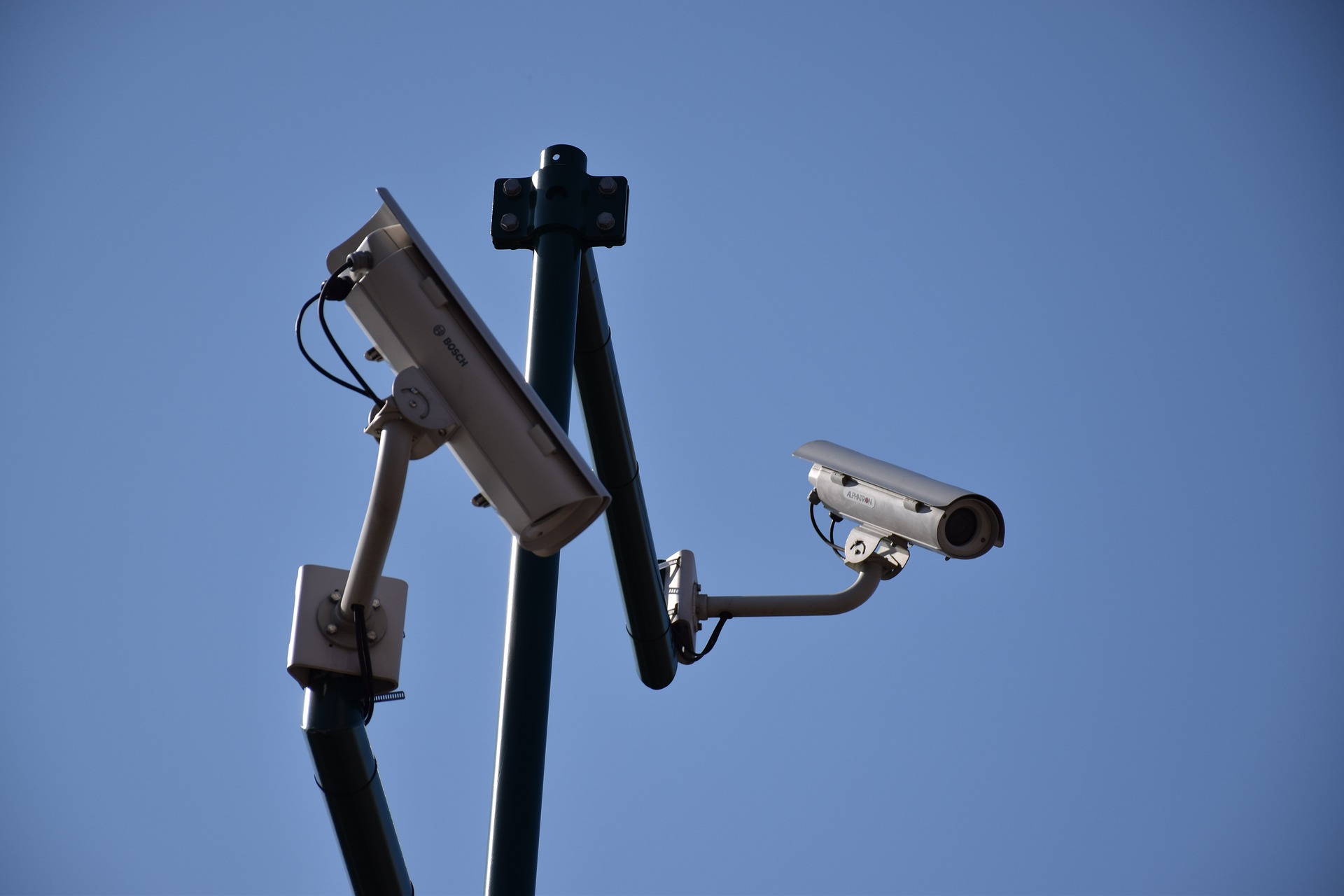- Position cameras strategically: Avoid positioning cameras directly facing the sun or other bright light sources. Instead, position cameras so that the light source is behind them.
- Use anti-glare shields: Install anti-glare shields over your cameras to reduce the amount of light that enters the lens.
- Adjust camera angles: If you notice glare or reflections in your footage, adjust the camera angle to minimise the amount of light that enters the lens.
- Use IR illuminators: If you are capturing footage in low-light conditions, use infrared (IR) illuminators to provide additional lighting without creating glare or reflections.
Human Factors That Affect CCTV Camera Quality
While weather and lighting conditions can affect CCTV camera performance, human factors can also play a role. Here are some common human factors that can impact camera quality:
Installation Errors: When Cameras Are Misaligned or Obstructed
Improper installation can cause cameras to be misaligned or obstructed, resulting in poor image quality or even no footage at all. Here are some tips for avoiding common installation mistakes:
How to Avoid Common Installation Mistakes and Optimise Camera Placement
- Choose the right location: Before installing cameras, choose the right location based on the area you want to monitor. Consider factors such as lighting conditions, potential obstructions, and the distance from the area you want to monitor.
- Check for obstructions: Before installing cameras, check for any potential obstructions that could block the camera’s view. This includes trees, signs, and other structures.
- Use a level: When installing cameras, use a level to ensure that they are properly aligned. This will prevent any distortion or tilted footage.
- Test camera angles: Before finalising camera placement, test the camera angles to ensure that they capture the intended area.
Vandalism and Tampering: When Criminals Target Your Cameras
CCTV cameras are often targeted by criminals who want to avoid being recorded. Vandalism and tampering can cause significant damage to your surveillance system, and even render it useless. Here are some tips to help you choose durable and tamper-proof cameras and enclosures:
- Choose cameras with durable casings made of materials like metal or tough plastic.
- Consider using tamper-resistant screws or bolts to secure your cameras and enclosures.
- Install cameras in hard-to-reach areas or use protective cages to prevent physical access.
- Use vandal-resistant camera enclosures that protect against impacts and harsh weather conditions
- Consider using cameras with built-in tamper detection or alarm systems that can alert you to any attempts at tampering.
FAQs
Can CCTV cameras be hacked?
Yes, CCTV cameras can be hacked if they are not properly secured. It is important to use strong passwords, keep firmware up-to-date, and use encryption to protect your cameras and footage.
Do CCTV cameras have an audio recording?
Some CCTV cameras have audio recording capabilities, but it is important to check local laws and regulations regarding audio recording before using them.
Can CCTV cameras work in the dark?
Yes, CCTV cameras can work in the dark with the help of infrared (IR) technology. Many cameras have built-in IR LEDs that illuminate the surrounding area, allowing the camera to capture footage even in complete darkness.
Final Thoughts:
High-quality CCTV cameras are essential for effective surveillance in a wide range of settings, from homes and businesses to public spaces and critical infrastructure. By choosing the right cameras and installation methods, you can ensure that your surveillance system provides clear and reliable footage that can be used to deter crime, identify suspects, and provide valuable evidence in the event of an incident. It is important to stay up-to-date with the latest technological advances and security best practices to ensure that your CCTV system is always operating at its best. Don’t hesitate to contact reputable security companies like NES Security for professional assistance. Protect your business today and enjoy the benefits of a reliable surveillance and security system.



